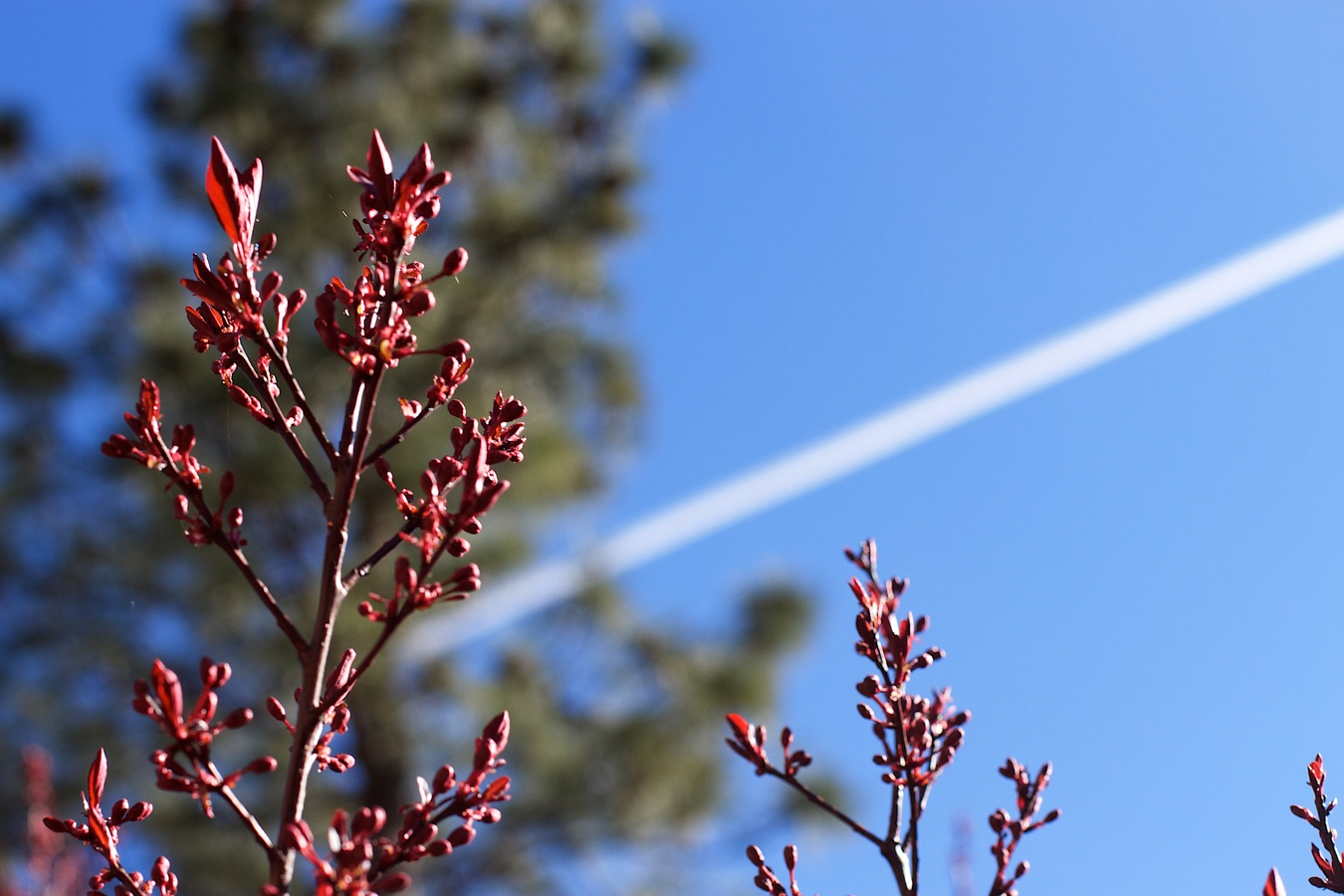On Wednesday, the House of Representatives set more than 100 conditions on its financial support to KLM. Constructive it is not, says Aviation teacher Joris Melkert.
Due to corona, air traffic is virtually at a standstill this spring. (Photo: Pxhere)
No air transport of living animals; no short flights within Europe; levying of flight tax. The conditions that the House of Representatives wants to attach to the financial assistance to KLM are just as colourful as the political parties themselves. There were requirements on the environment and on social and financial policy. But anyone hoping that the package worth billions would make aviation more sustainable, will feel cheated, says engineer and Aviation teacher Joris Melkert.
To start with, the profit margins for airlines are very small. Melkert estimates that the profit on international tickets before the crisis was EUR 10. Costs such as depreciation, fuel and maintenance are also fixed in contracts. The only area where fast savings can be made is on personnel.
The NRC Handelsblad newspaper reports on KLM as follows. ‘The company needs to be thoroughly reorganised to keep costs low and to raise profitability. Further, the personnel – and first the major earners in the management and cockpits – will have to earn less. On top of that, the Cabinet must require KLM to operate according to a better sustainability policy that includes a bigger reduction in CO2 and fewer night flights to reduce noise pollution.”
‘Becoming more sustainable is a long process’
Melkert believes that the requirement for KLM to operate fewer night flights would not be as beneficial as you would expect. “It’s mostly other airlines such as the holiday charters and cargo companies that operate night flights. Less than 20% of night flights are by KLM.” But within Europe, some short haul flights could be replaced by train travel, suggests Melkert. For example, to London where there used to be a flight every hour. But then there would have to be more trains.
Whatever package will ultimately be presented to KLM, making the aviation industry more sustainable is a long process, emphasises Melkert. “Airlines are reducing their fuel consumption by 1.5% every year and this has been the case for decades.” That steady progress is due to lighter materials, better aerodynamics and more efficient engines. Developing new technologies takes time.
Greater fuel savings can also be made through operational measures such as integrating European airspace. The European Commission is planning to create a communal European air traffic control system. Called the Single European Sky, it could reduce fuel consumption by 5%, but underlying quarrels among the national air traffic controllers have meant that the plan has not gotten off the ground in 15 years.
‘The lockdown is buying us time’
What’s more, reducing CO2 may technically be possible by making synthetic kerosene from hydrogen from green energy, but it is four to six times more expensive than ordinary kerosene. And that was before the price of oil plummeted.
Until the corona crisis, the efficiency improvement of 1.5% a year was negated by the annual growth of between 4% and 5% of the aviation industry. “The lockdown is now buying us time,” says Melkert. “I hope we will use it wisely, but when a vaccine is found, I suspect that everyone will just fly all over the place again.”
Do you have a question or comment about this article?
j.w.wassink@tudelft.nl


Comments are closed.